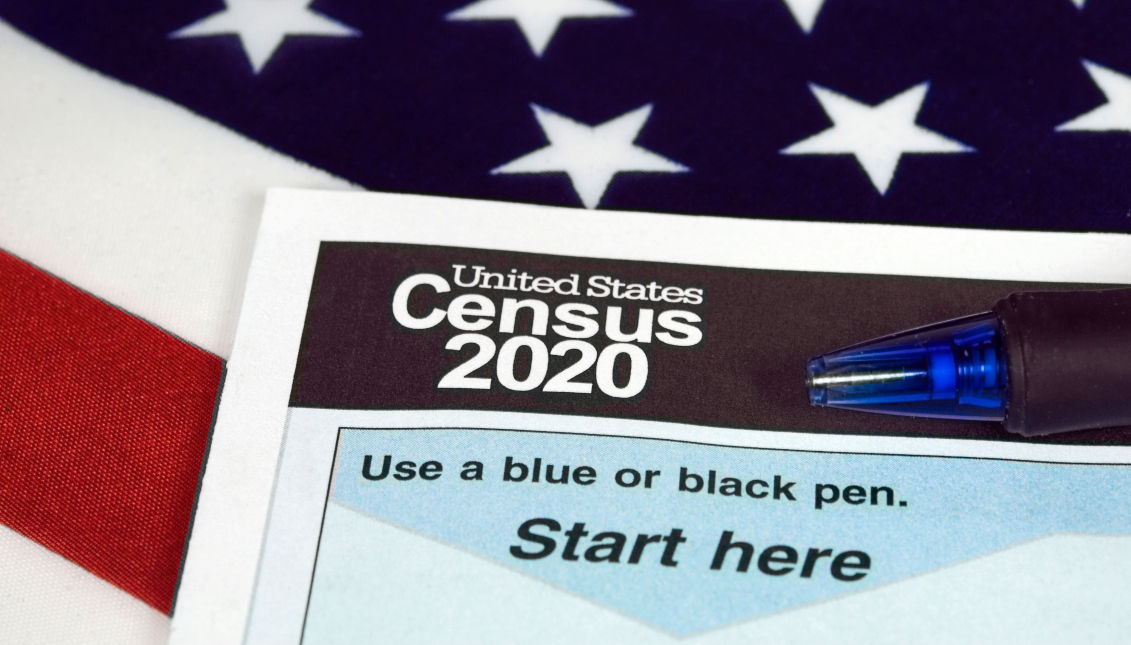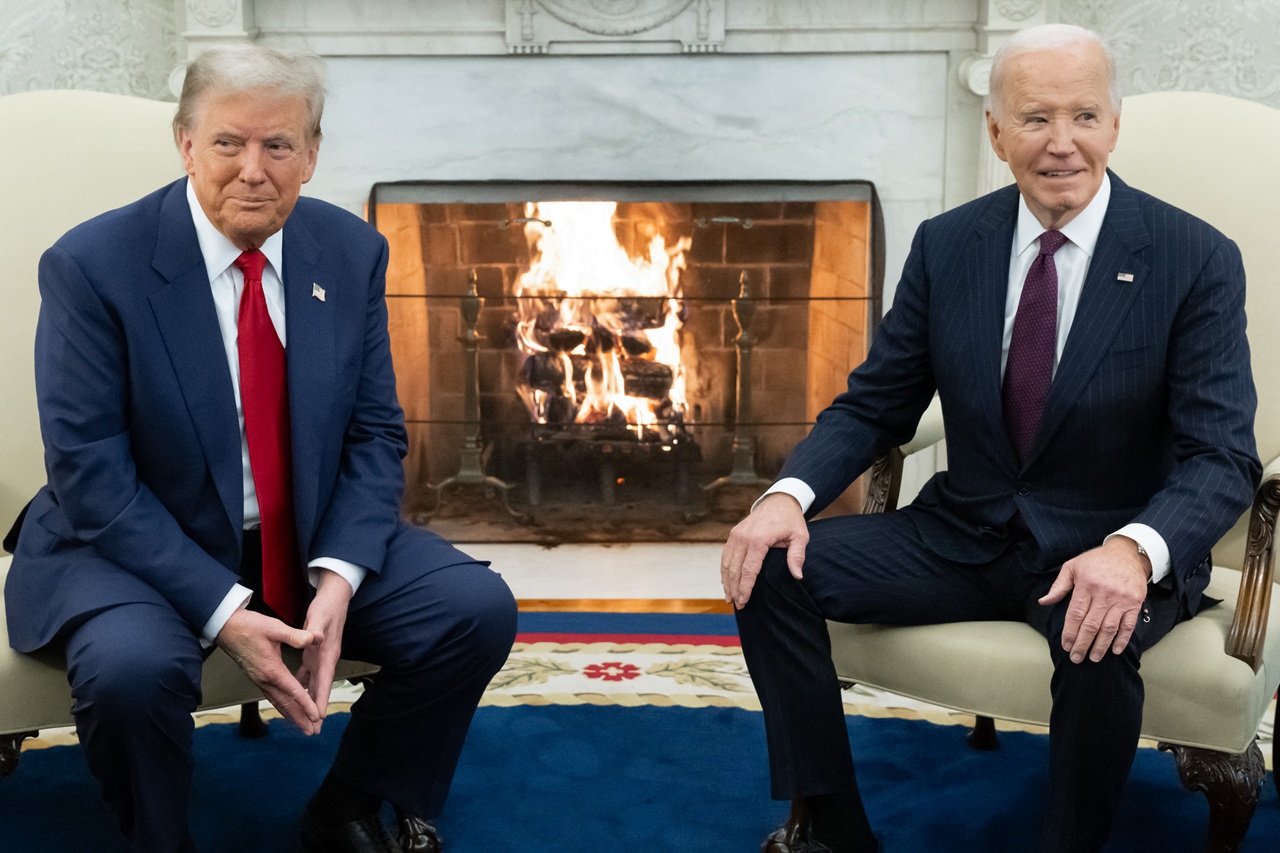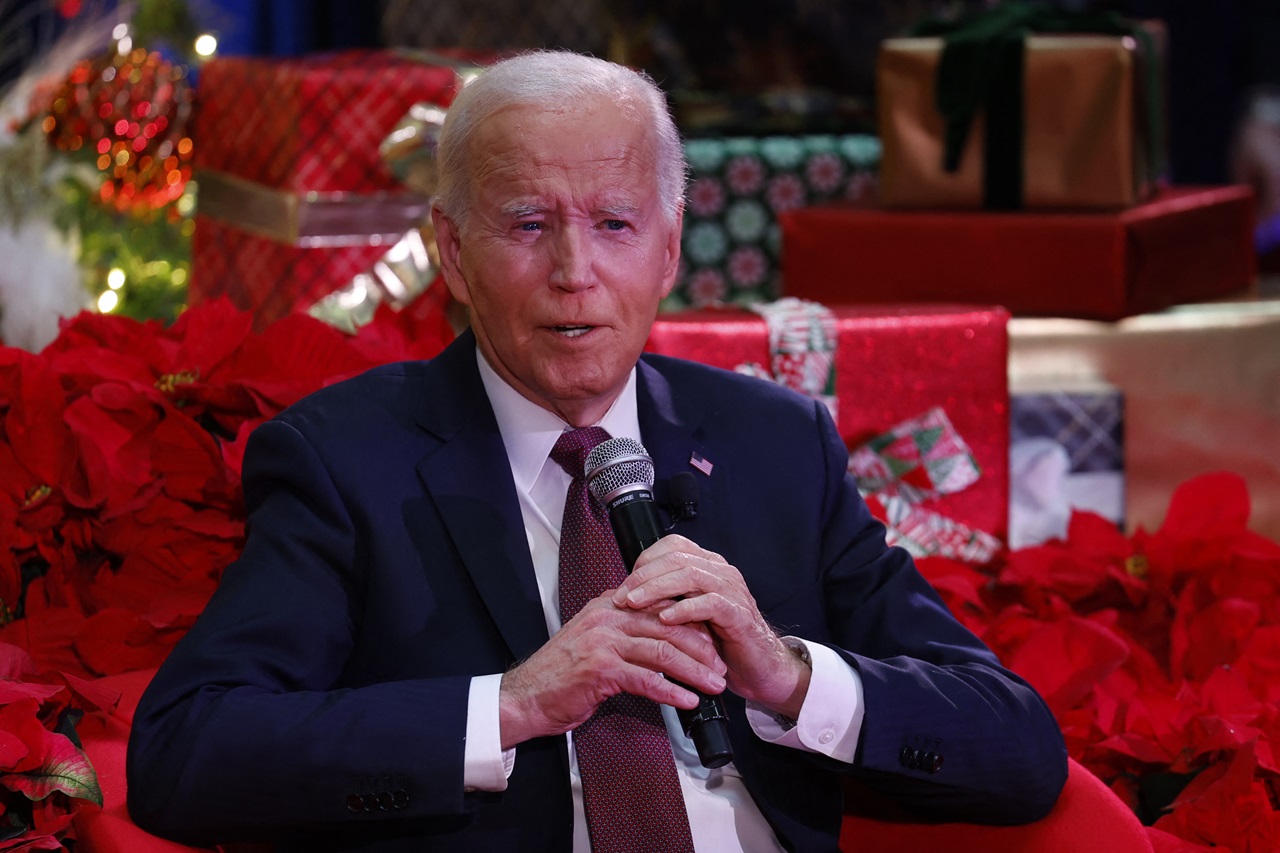
Puerto Ricans and the Census: When to be counted is a matter of identity
The advance of the census is showing a racial identity conflict faced by some Puerto Ricans.
According to a New York Times report, more than three-quarters of Puerto Ricans identified themselves as white in the census, even though much of the population is of African ancestry.
This revives the never-ending discussion about how populations' identities are defined.
One of the aspects that crosses this identification (or non-identification) with the term "black" comes from the language that is spoken on the island and the words that since the colony were used to describe the different phenotypes: "mulato", "trigueño", "morena", are words that are more internalized in the culture of Puerto Rico (and Latin America, in general), than the American form in which the statement "I'm black" or "I'm African American" is understood.
RELATED CONTENT
This difference leads to the fact that many of the people registered do not identify with the categories that include some of their characteristics. The colour of the complexion does not necessarily allow someone to account for their cultural identity and this, in turn, leads to distortions in the way the population is understood and represented.
Some people may have marked that they are "white" because the other choices they found did not include cultural factors with which they most identify and which they would embrace as "Puerto Rican" (factors such as music, dance, food, speech inflections), But in the use of the "white" category there is also the danger of leaving for the country's statistical records an image of the nation that does not correspond to the reality on the streets and that can be harmful in terms of public policy, because to the extent that the country is officially more "white" there will be fewer arguments to develop diverse policies or to fight against those that may be discriminatory.
"Among racial and ethnic groups, only white people are projected to be overcounted, while other groups are expected to see undercounts [...] Whether it's an overcount or undercount, the concern is that political representation and federal funding will not be fairly shared after the 2020 census", reports NPR.
Despite the fact that this time the percentage of Puerto Ricans who identified themselves as white in the census has been lower than it was twenty years ago and that there are various citizen efforts to encourage Puerto Ricans to mark themselves as black, the dilemma of representation and identity remains.











LEAVE A COMMENT:
Join the discussion! Leave a comment.